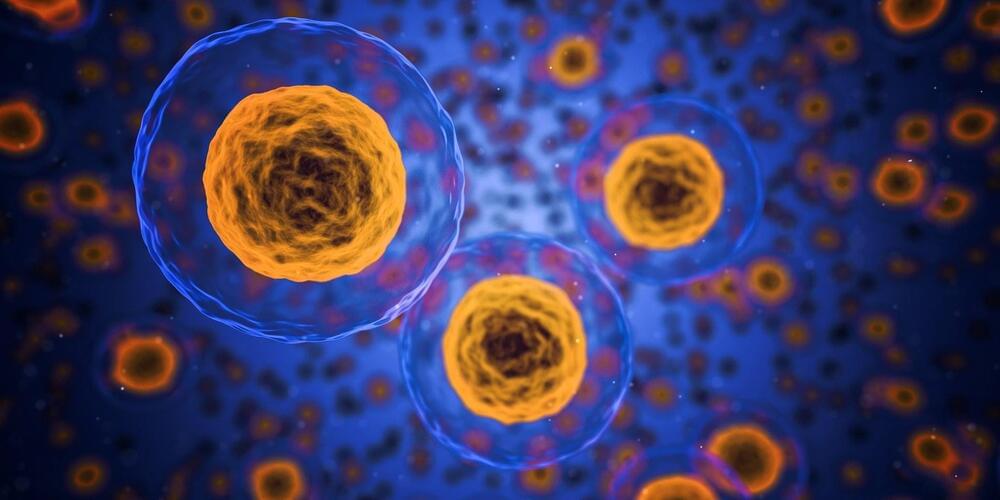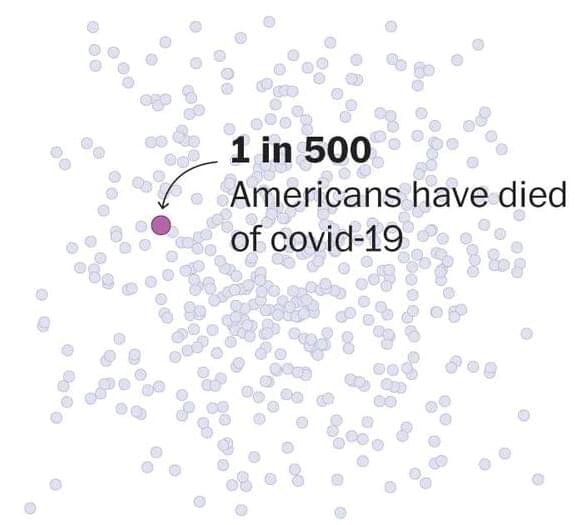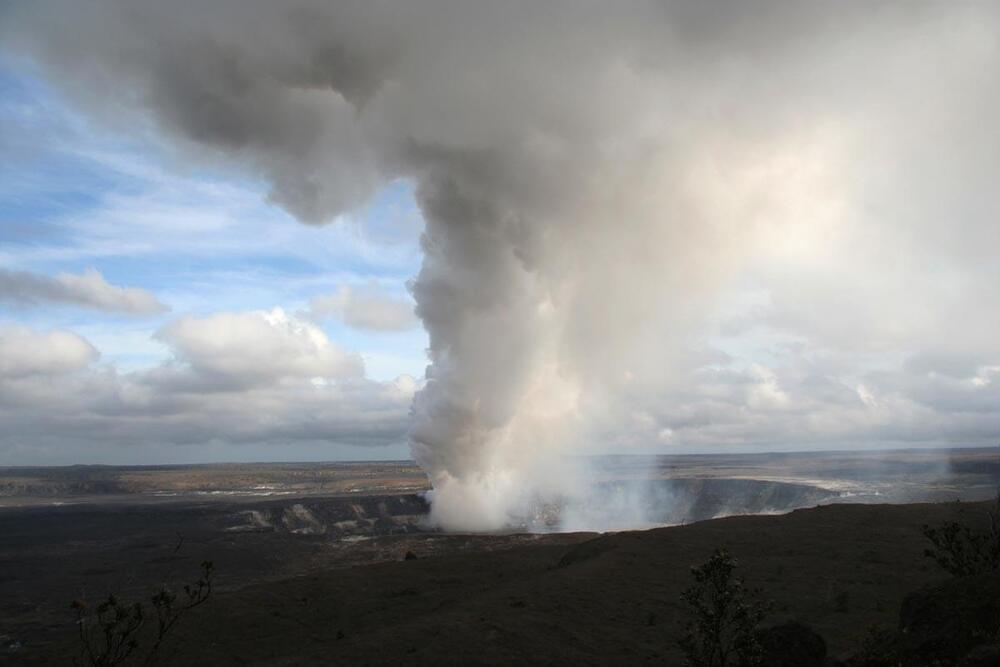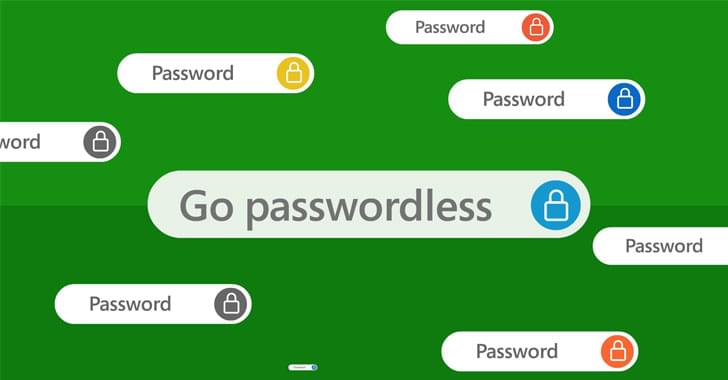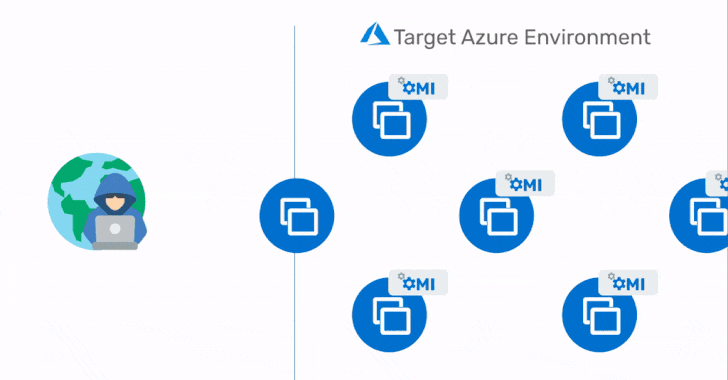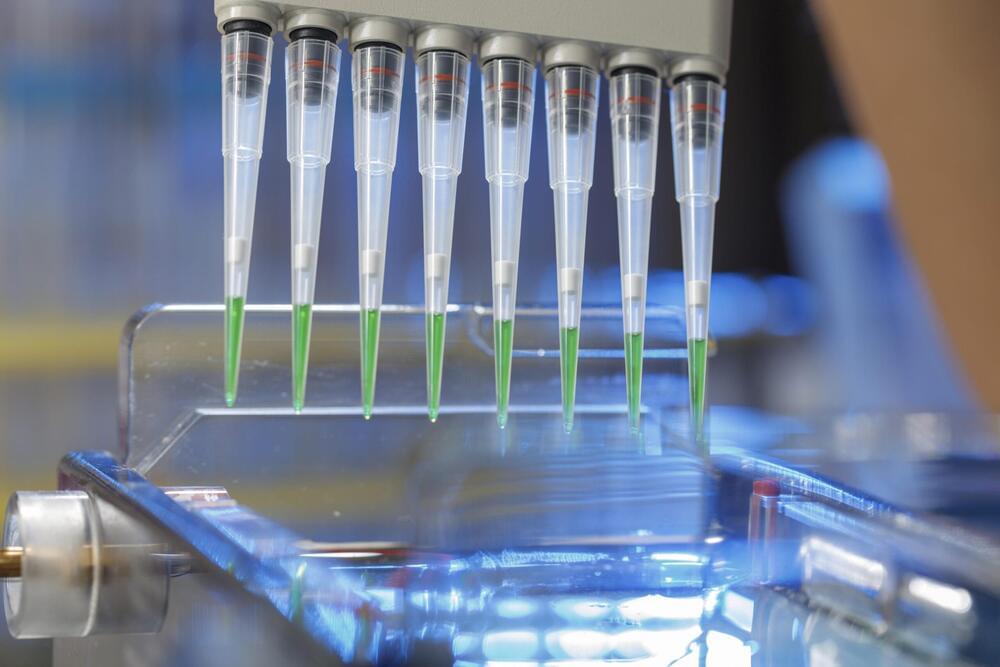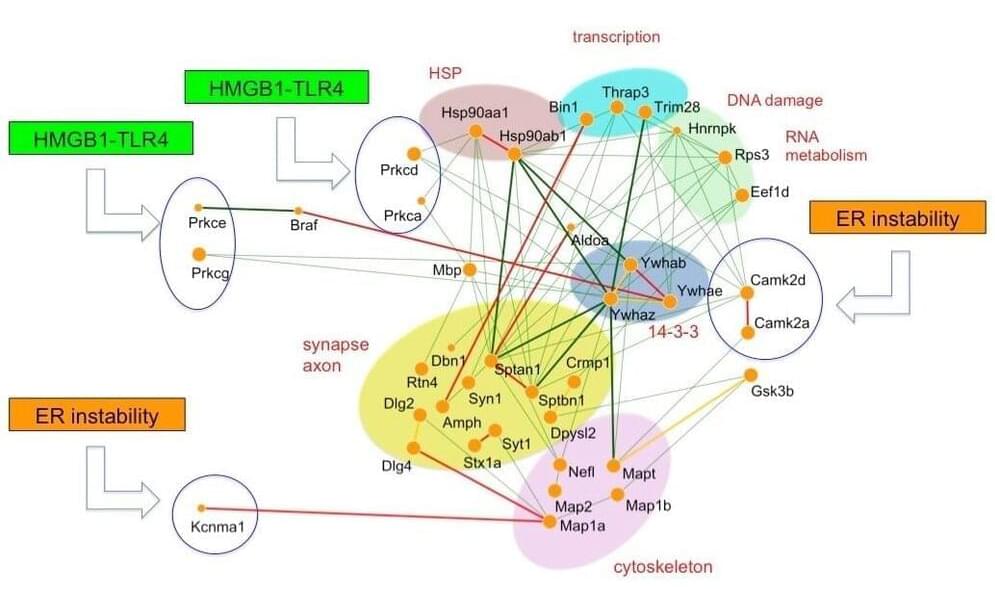I finally completed my extensive WebXR blog and multi-user VR chat server examples at these two link address… You are welcome to share the knowledge with others interested in creating a complete VR experience inside the browser using JavaScript libraries and HTML5. Check it out, enjoy, and follow me on twitter for recent updates. https://funbit64.com/ #technology #javascript #webxr #virtualreality #oculusquest2 #metaverse #webdeveloper #blog #sourcecode #learncoding #share #html #aframe #vrtraining #vrtechnology #vrexperience #vrdevelopment #vrheadset #vrgame #immersive #immersivetechnology #immersiveexperiences
A virtual reality blog for VR software developers, and VR content creators. Current and relevant working examples, original content and blogger commentary. Making use of VR technologies: WebXR, A-Frame, WebVR (depricated), JavaScript and HTML5.

